Comedy of student group work
"Hung over" preparing the essay content and editing slides for the whole group in Microeconomics made MT, a 3rd year student at Ho Chi Minh City Aviation Academy, quite upset.
said, the group had 6 people but 4 people refused to work. Every time the group was assigned an essay or midterm exam, 4 people in the group just glanced at it and then… slept.
"I think it's better not to do such a thing, so I informed the lecturer, agreed with everyone, and then removed the two most serious cases from the group," T. said.
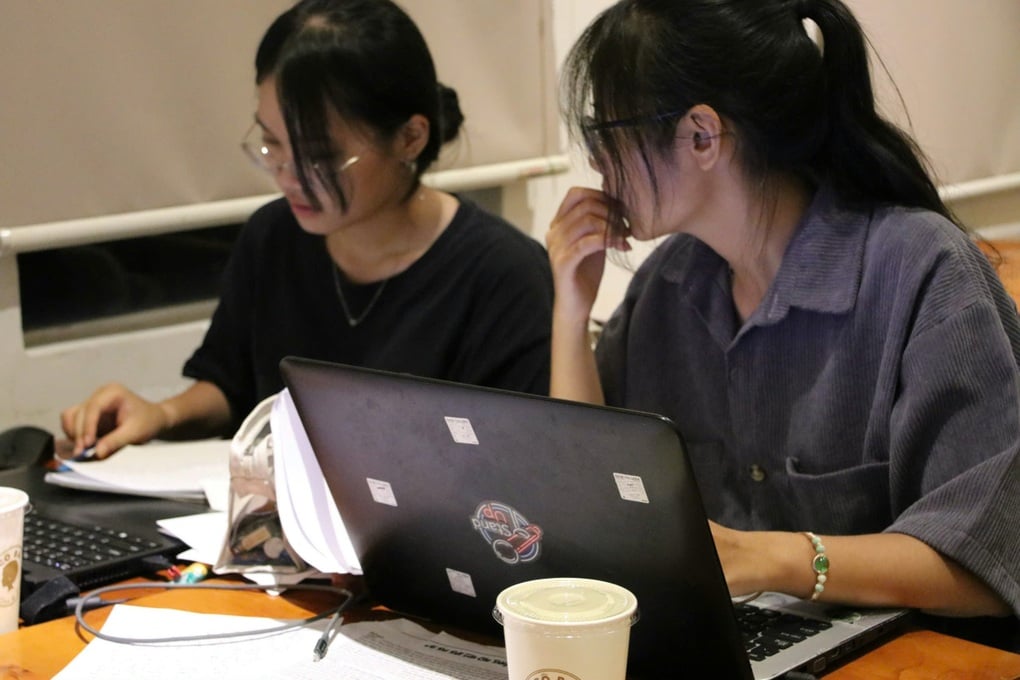
Many students have "half-laughing, half-crying" situations when working in groups (Photo: Huyen Tran).
BT, a second-year student at the International University, Ho Chi Minh City National University, recounted that when the lecturer assigned extra points, each group had to prepare a play or story to perform based on the lesson's theme, but some people did not participate because they were busy and did not have a personal computer (laptop).
"The group tried to sympathize, so this person volunteered to lead the story and the group agreed not to hold the paper to read. The friend agreed, but in the end asked to hold the paper because he couldn't remember. The group had to accept because it was time to perform," BT said.
Internal resolution and private reminders are the ways Thuc Trinh, a student at the University of Economics and Law, Ho Chi Minh City National University, deals with uncooperative situations, missed deadlines, and superficial assignments...
However, according to Trinh, that is the lightest move to save your "face" in the group. If it continues, you will be reminded directly in the general chat group. If you do not change, you will be asked to leave the group.
As a group leader from year 1 to year 3, TV, a student at Duy Tan University, Da Nang, has experience in handling situations when members do not do their homework, do not check group messages to update information, and do not listen to suggestions.
"If I don't do my homework or look at the group information, I send an email to the lecturer and split the group to avoid any impact. For conservative members, I decide to follow the majority opinion," TV said.
The "disappearance" of the group leader was an unforgettable experience for YN, a student at the International University, Ho Chi Minh National University. Before the submission date, this student could not contact the group leader.
"I tried to contact you but you didn't reply and edited the post to your own liking. After that, I had to edit the whole thing myself because the post was very difficult to follow. Although I really wanted to expose you on social media, after thinking carefully, I gave up," YN said.
According to YN, going online not only affects oneself but also lowers the honor of others. Students should resolve the issue directly or report to the lecturer if it affects their interests or course grades.
" Teamwork is quite annoying"
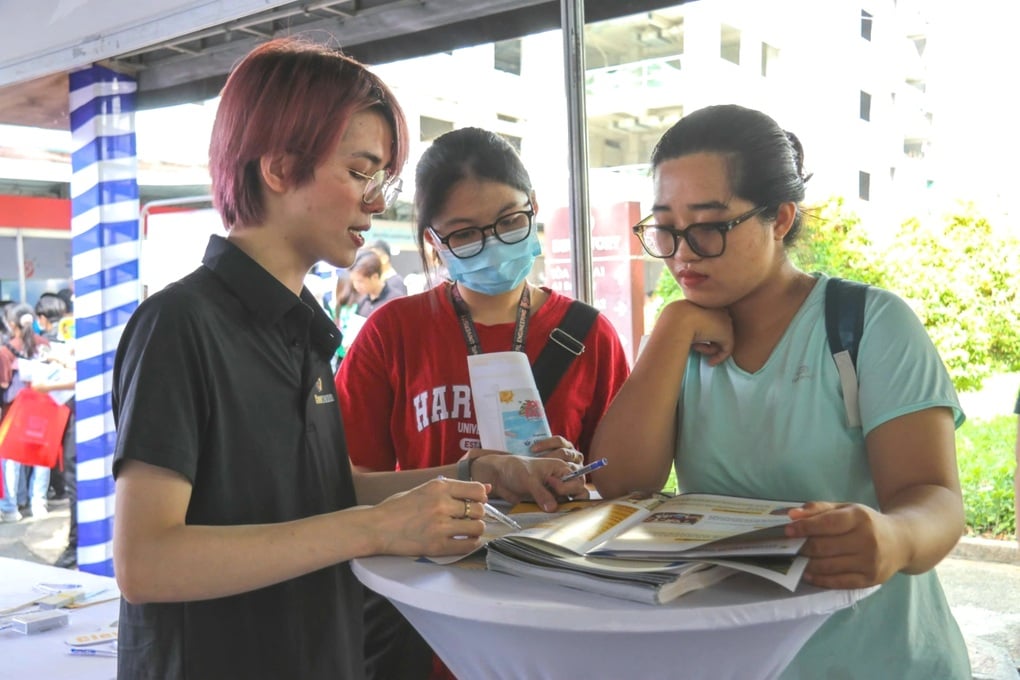
Group work helps students practice communication, cooperation and debate skills (Photo: Huyen Tran).
Responding to this issue, MSc. Vo Tuan Vu, lecturer of the Faculty of Linguistics, University of Social Sciences and Humanities, Ho Chi Minh City National University, shared that stories of disagreements, arguments, demands to change groups, etc. are things that lecturers encounter every year, every semester when teaching.
According to Master Vu, most students think that working in groups is quite troublesome. However, lecturers always create conditions for students to work in groups because when working independently, students will be subjective, not allowed to contribute ideas, debate, and not learn how to reconcile opinions.
"There are still hundreds of students who complete group assignments very well and fairly. That shows that working in groups helps students learn how to compromise, listen and respect, and know how to express their personal opinions and arguments," said Master Vu.
To overcome this situation, according to Master Vu, lecturers usually require students to attach a roster, detailing the tasks of each member, and the group leader must evaluate the level of work completion of each person in the group.
"Lecturers can let members cross-grade, divide scores into components, and regulate the number of members in a group appropriately. Because if the number is too large, many students doing the same task will lead to a situation of pushing, quitting work, and subjectivity," the Master shared.
Regarding students taking to confession (anonymous forums) to express their frustration, the Master said that this is not beneficial because lecturers cannot arbitrarily change grades or require groups to explain without any specific opinions.
MSc. Vu believes that if students feel injustice, they should report directly to the lecturer, either privately or in front of the class depending on the situation.
"Present at the appropriate time, such as during group evaluation, before the lecturer finalizes the score and submits it to the examination department. When working in groups, students should have a clear plan, basic rules within the group, discuss frankly and agree on how points will be deducted if members do not do it correctly, and how to handle it," concluded Master. Vu.
Ky Huong
Source: https://dantri.com.vn/giao-duc/nu-sinh-vien-duoi-thang-ban-cung-nhom-vi-me-ngu-20241001095555617.htm


![[Photo] General Secretary To Lam attends conference to meet voters in Hanoi city](https://vstatic.vietnam.vn/vietnam/resource/IMAGE/2025/4/17/889ce3da77e04ccdb753878da71ded24)
![[Photo] President Luong Cuong receives Lao Prime Minister Sonexay Siphandone](https://vstatic.vietnam.vn/vietnam/resource/IMAGE/2025/4/17/337e313bae4b4961890fdf834d3fcdd5)
![[Photo] President Luong Cuong receives UN Deputy Secretary General Amina J.Mohammed](https://vstatic.vietnam.vn/vietnam/resource/IMAGE/2025/4/17/72781800ee294eeb8df59db53e80159f)

![[Photo] Hundred-year-old pine trees – an attractive destination for tourists in Gia Lai](https://vstatic.vietnam.vn/vietnam/resource/IMAGE/2025/4/17/25a0b7b629294f3f89350e263863d6a3)
![[Photo] North-South Expressway construction component project, Bung - Van Ninh section before opening day](https://vstatic.vietnam.vn/vietnam/resource/IMAGE/2025/4/17/ad7c27119f3445cd8dce5907647419d1)


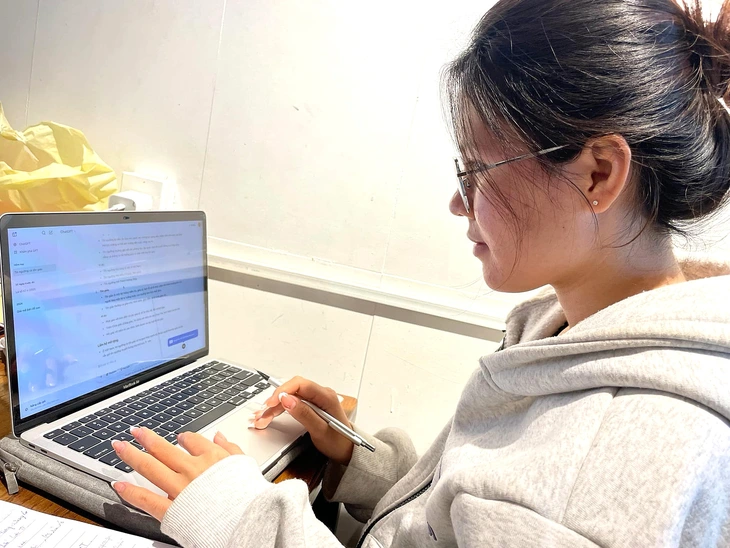







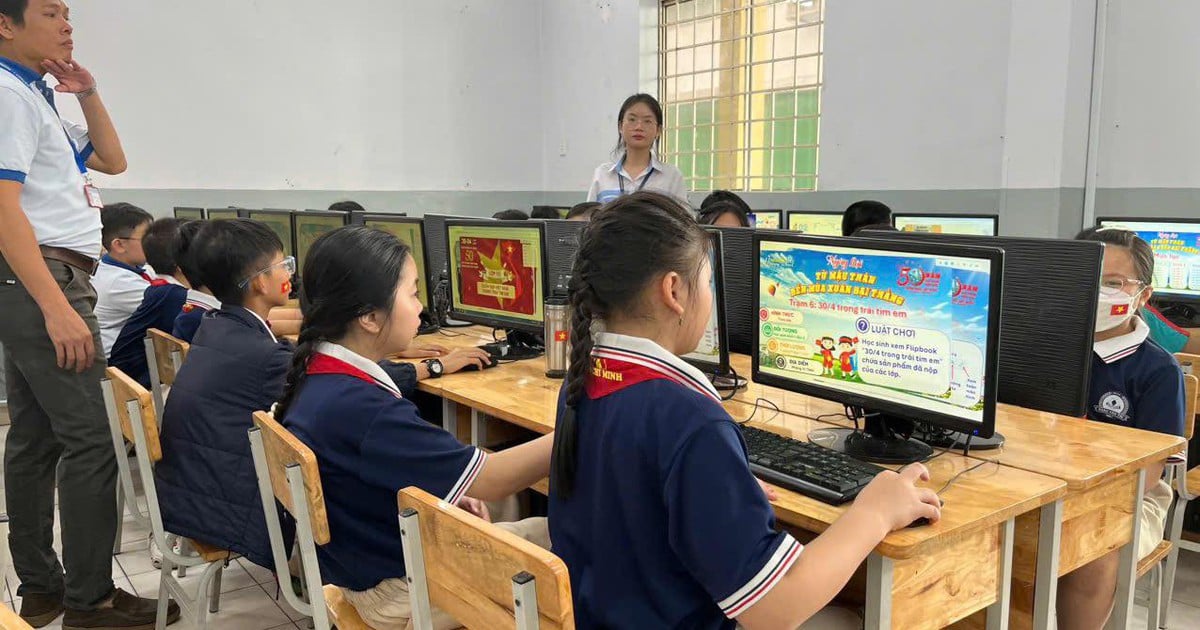



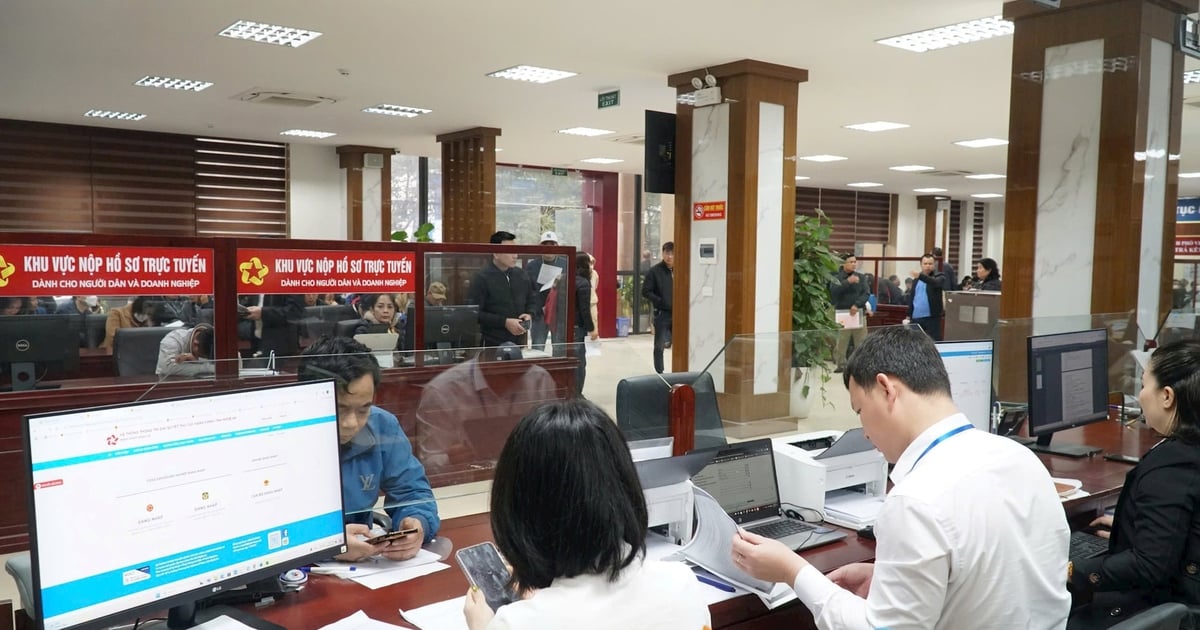





























![[Video] Viettel officially puts into operation the largest submarine optical cable line in Vietnam](https://vstatic.vietnam.vn/vietnam/resource/IMAGE/2025/4/17/f19008c6010c4a538cc422cb791ca0a1)










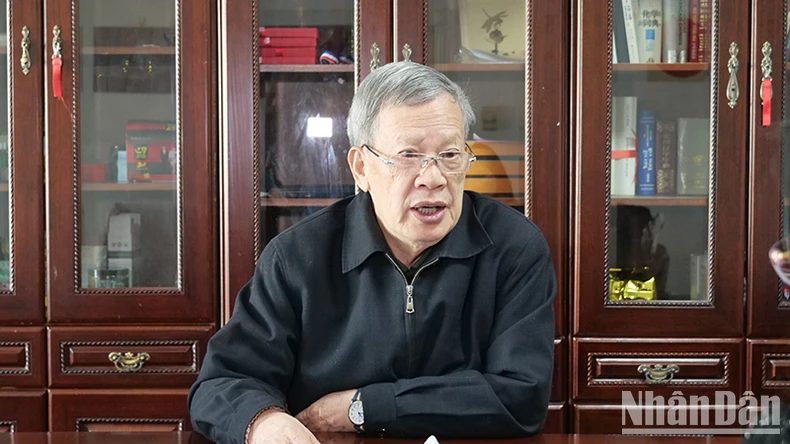



















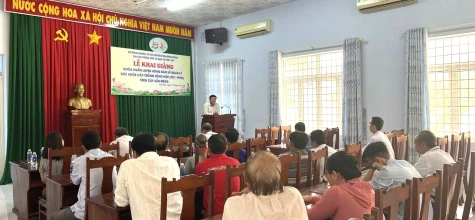











Comment (0)